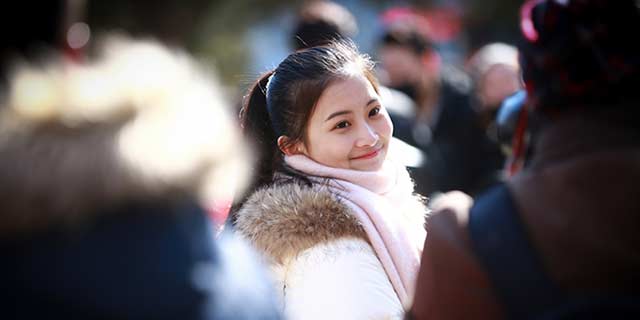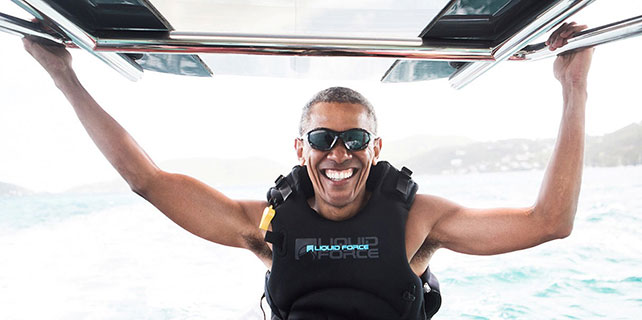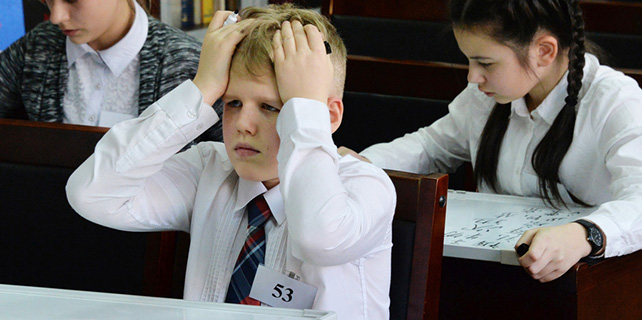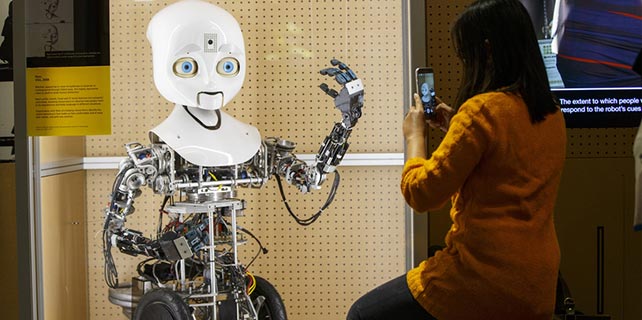Return of remains by ROK may help ties
The return of the remains of Chinese soldiers from the Republic of Korea, as scheduled, displays a willingness by both countries to push forward ties amid difficulties caused by the planned deployment of a US anti-missile system in the ROK, Chinese observers said.
Defense Ministry officials from China and the ROK will meet on Wednesday and discuss the return, by the end of March, of the remains of more than 20 Chinese People's Volunteer Army soldiers who died in the Korean War, according to Yonhap News Agency.
The handover, the report said, may help to smooth a currently tense China-ROK relationship due to the United States and ROK's decision to deploy the Terminal High Altitude Area Defense anti-missile system in the ROK by the end of the year.
However, Chinese observers stressed that while the handover of the remains is welcomed, the humanitarian gesture alone will not diminish the underlying cause of the tension.
Beijing has repeatedly voiced its opposition to the deployment of THAAD, saying it harms the strategic security of China, since the system's radar can cover parts of the country.
Under a handover agreement signed by China and the ROK in 2013, officials from the two countries consult with each other every year on handing over remains found in the ROK.
From 2014 to 2016, the ROK has returned the remains of 541 Chinese soldiers.
Wang Junsheng, a researcher of Korean Peninsula and Northeast Asia studies at the Chinese Academy of Social Sciences, said the move, which embodies the friendship between civilians, shows that the willingness of the two countries to develop bilateral relations has not changed.
However, he added, China's opposition to THAAD is firm.
Da Zhigang, director of the Institute of Northeast Asian Studies at the Heilongjiang Academy of Social Sciences, said the ROK may be hoping that the return of the remains will itself help ease the tension.
"China's position will not change unless the ROK stops the deployment of the anti-missile system," Da said.
He suggested that the ROK should initiate diplomatic or defense talks between the two countries, "if it indeed hopes to ease the strained ties".









